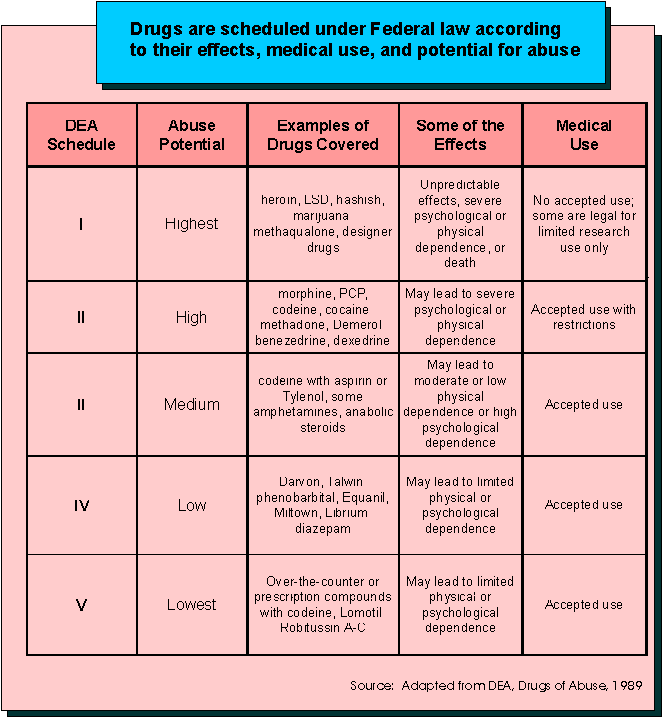![]()
DRCNet Reponse to the
Drug Enforcement Administration
Speaking Out Against Drug Legalization
DRCNet Response: We would certainly agree that the DEA would think there are no compelling medical reasons to prescribe marijuana or heroin to sick people. They are not sick, they don't know much about the problems of the people who are sick, and they care even less. However, even if they were right, that isn't the issue. The issue really is:
What do we gain by punishing someone with AIDS or other serious diseasesd
DEA Statement |
Response |
|
| It is often suggested that, even if currently controlled substances are not made available to the general public, some of them, particularly marijuana and heroin, could be used to relieve suffering. | ||
| Participants in the Anti-Legalization Forum acknowledged that arguments urging the medical use of marijuana are often used as an entree into the legalization debate. Medical use arguments can garner public support because they seem harmless enough to the uninformed audience. The experts agreed that these issues are peripheral to the real issue. | ||
| The medical pros and cons of prescribing marijuana and heroin to sick people are best debated by medical professionals. It should be kept in mind, however, that marijuana has been rejected as medicine by the American Medical Association, the American Glaucoma Society, the American Academy of Ophthalmology, the International Federation of Multiple Sclerosis Societies, and the American Cancer Society. | ||
| Not one American health association accepts marijuana as
medicine. Statements issued by these organizations express concern over the harmful
effects of the drugs and over the lack of solid research demonstrating that they might do
more good than harm.
|
||
| The International Federation of Multiple Sclerosis Societies, for instance, said in a statement issued by its Therapeutic Claims Committee in 1992: "Further studies are required to determine whether marijuana has a clinically useful effect on multiple sclerosis. In view of the possible toxic effects of long-term use, its use cannot be recommended. In the opinion of the committee, there appears to be no generally accepted scientific basis for use of this therapy. It has never been tested in a properly controlled trial. Long-term use may be associated with significant serious side effects." | ||
| Marijuana also affects:
|
||
|
||
|
||
|
||
| In July 1995, the Department of Health and Human Service held
its first research conference on marijuana. At the conference, new information about the
long-term dangers of marijuana use was released. Some of the major findings included the
following:
|
||
|
||
|
||
|
||
|
||
| Some facts which help to confirm the observations of the forum participants may be used in debates: | ||
| Under the federal statute known as the Controlled Substances Act (see opposite page), regulated drugs are divided into categories known as schedules. In Schedule I, for instance, are drugs with a high potential for abuse and no currently accepted medical use in treatment in the United States. At the other end of the spectrum is Schedule V, which is for drugs that have a low potential for abuse and have a currently accepted medical use in treatment in the United States. The Act provides a mechanism for substances to be controlled (added to a schedule), decontrolled (removed from control), or rescheduled (transferred from one schedule to another). | ||
| Heroin and marijuana are in Schedule I; cocaine, which is
sometimes used as a local anesthetic, is in Schedule II. Much of the debate about medical
uses for currently illegal drugs concerns substituting heroin for morphine and supplying
marijuana to AIDS and glaucoma patients or using it to treat side effects of chemotherapy.
|
||
|
||

Travel back to the DRCNet Response to the DEA Home Page
Travel back to the Table of Contents
Travel back to The Ten Claims